Why Reimagining Prison for Young Adults Matters

Young people ages 18 to 24 make up 10 percent of the U.S. population but comprise 21 percent of people admitted into adult prison every year. And of that, young men of color are overrepresented, with black men in this age group 7 to 9 times more likely to end up in prison compared to their white peers. Young people make mistakes—we all have. But when the mistakes lead to prison, we should ensure young people are given the tools they need to learn from their mistakes and—as most of them will return home—to succeed in life, and support their communities.
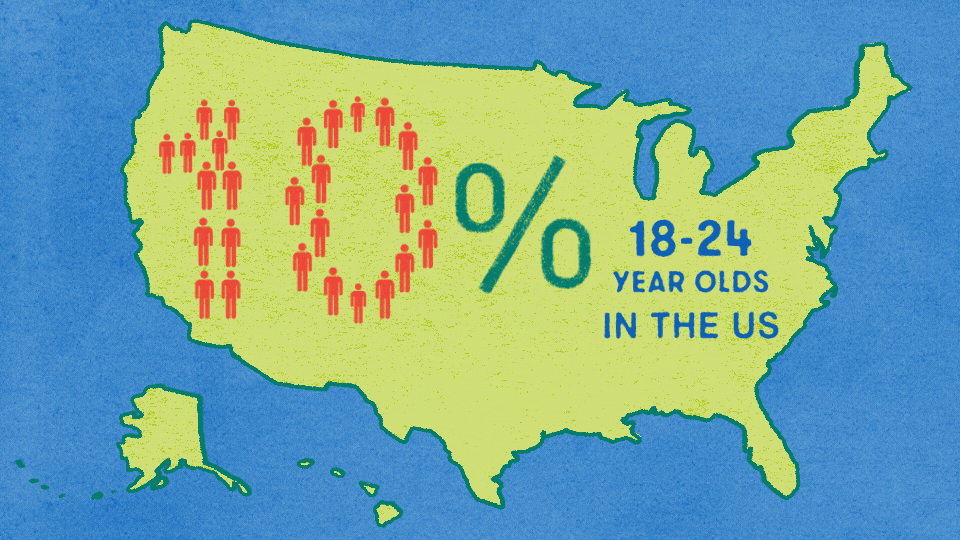
As every parent knows, and neuroscience now shows, young adults in this age group are still developing in important ways. They are forming their identity, learning to better manage their emotions and impulses, and preparing for their life goals. But prison presents an unnatural social context which creates challenges for young adults to achieve these key developmental milestones. Instead, young adults in prison too often are left sitting in their cells with little to no opportunity to learn from past experiences, cope with underlying trauma, engage in meaningful accountability, and prepare for their future.
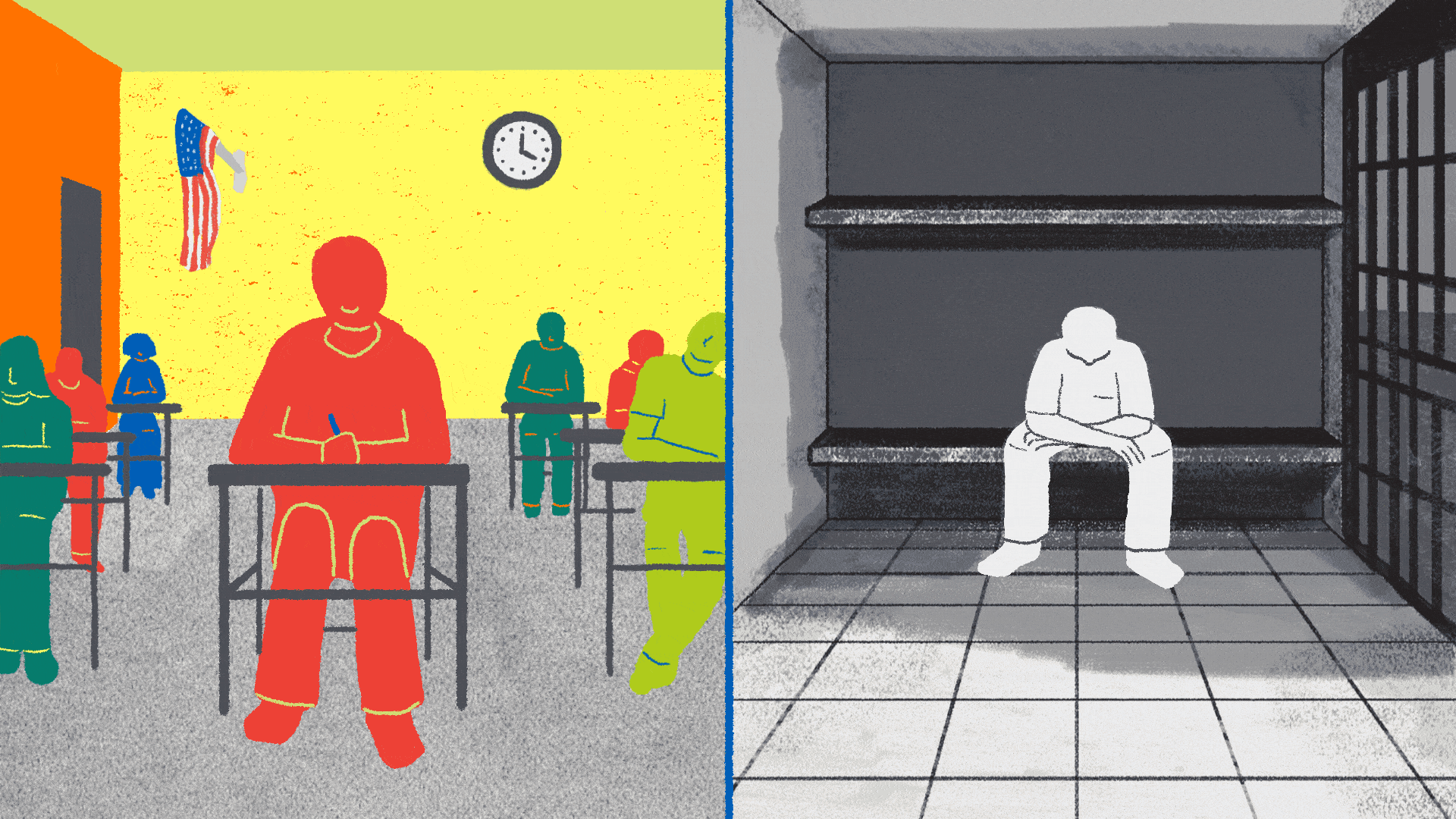
Research and common sense tells us that young adults—and all people—depend on relationships with people, families, and communities to function and thrive. And for incarcerated young adults, research has demonstrated that family involvement decreases fights in facilities, reduces recidivism (the rate of return to prison once released), and boosts success when returning home. But despite these findings, prisons are often located in extremely isolated places making it difficult, and at times impossible, for families to stay in contact with their loved ones.
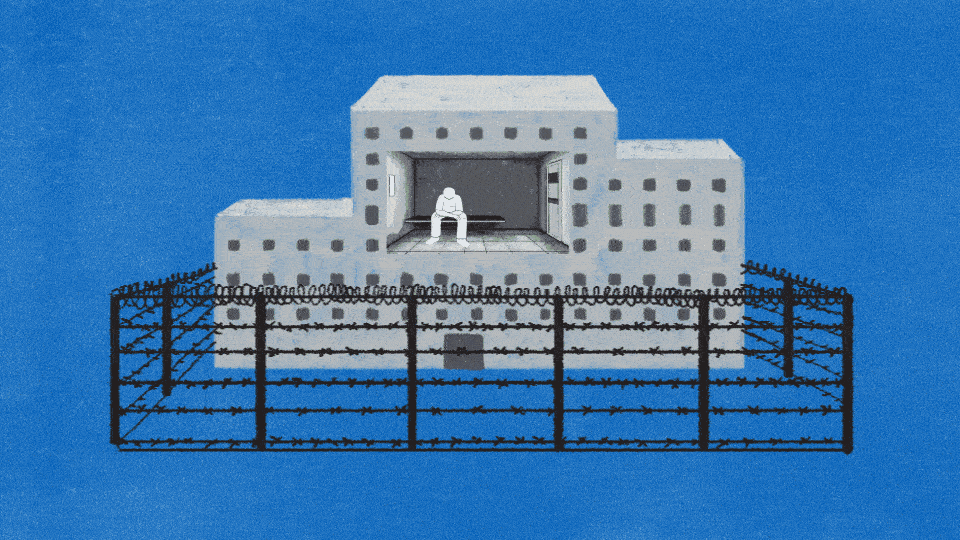
While corrections leaders and policymakers across the country have made strides to address the overuse of solitary confinement, many young adults are still routinely exposed to this practice. Solitary confinement can mean social and sensory isolation for up to 23 hours a day. Given their developmental stage, this practice puts young people at especially serious risk for long-term psychological damage.
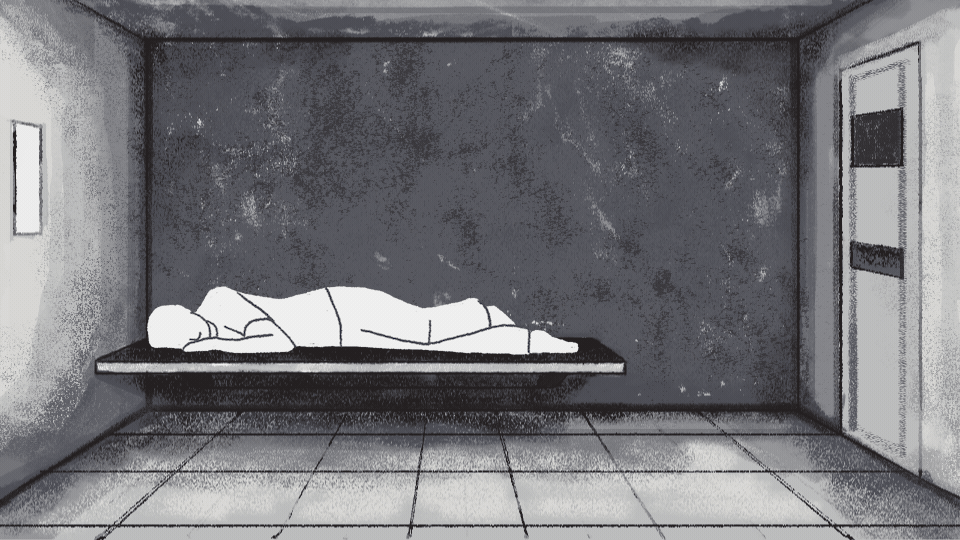
Taken together, it’s not surprising that these factors can negatively affect a young person’s long-term growth and undermine his or her successful return to community. That’s why we need to transform our approach to young adults who end up in prison. Fortunately, reform-minded correctional leaders are increasingly looking at international models, as well as best practices in juvenile corrections in the U.S., that are culturally-responsive and tailored to the unique strengths, needs and challenges of young adulthood. These approaches—such as a new young adult unit being piloted in Connecticut, with support from Vera—provide opportunities for educational and personal growth, while strengthening family connections.
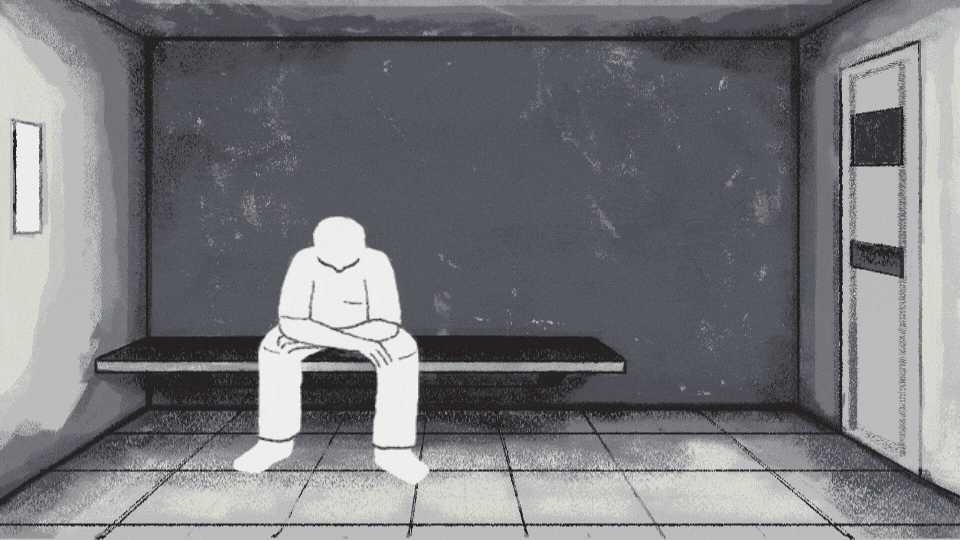
On the path to ending mass incarceration, we must reimagine our response to young adults so that it ensures access to programs and opportunities that prioritize restoration and reconciliation, and provides the skills they need to chart a new life course upon release—one that will make our communities safer and stronger.
Alex Frank is a senior program associate with Vera's Center on Youth Justice. Her work is aimed at ending mass incarceration and eliminating the correctional model of youth justice, with an eye towards race equity and community partnership. Alex is leading the Center's work on young adult justice within the juvenile and adult justice systems on both a national and state level.
